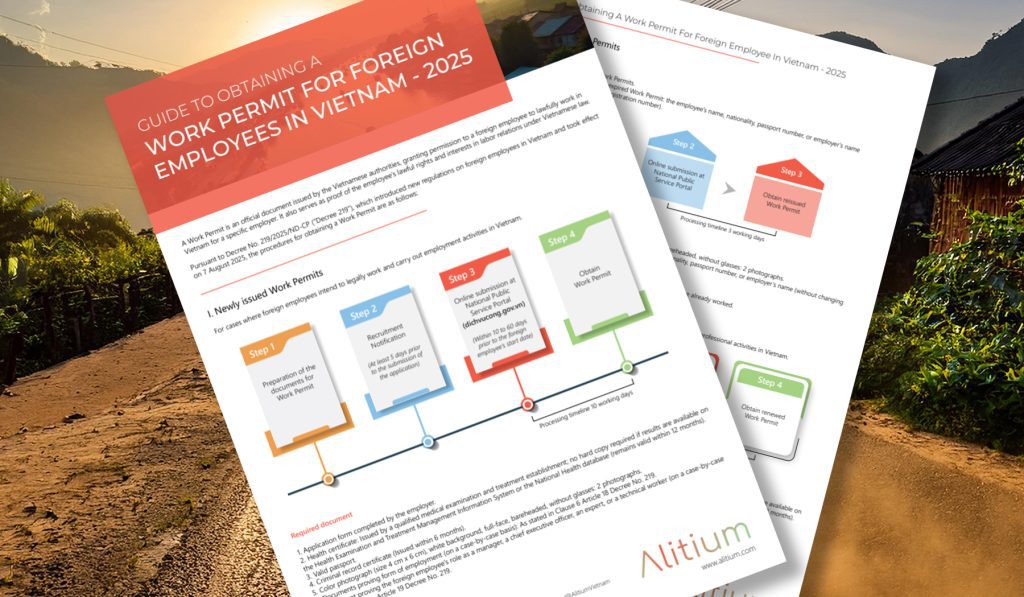Structuring & Funding Guide 2025: A Practical Handbook for Foreign Investors in Vietnam
Entering Vietnam offers foreign investors a wealth of opportunities , but structuring investments, bringing in capital, and planning for profit repatriation are often misunderstood and mishandled. Poor planning can cause unnecessary tax exposure, delays in funding, and blocked capital exit strategies.
Our Vietnam Investment Guide 2025 is designed to help investors navigate this landscape with clarity. It explains the legal framework, capital structuring options, foreign loan registration, and tax implications, giving you the knowledge to structure investments properly from day one.
👉 Download the free PDF at the top this page, and explore the highlights below.
Key Insights from the 2025 Guide
1. Legal Framework for Foreign Investment
-
Overview of the Investment Law 2020 and the Enterprise Law 2020 (updated 2025).
-
Market access: negative list, conditional sectors, and foreign ownership caps.
-
Registration requirements and procedures.
2. Structuring Capital in Vietnam
-
Charter capital contributions — why size matters beyond regulatory minimums.
-
Cash and non-cash capital contributions (IP, land-use rights, assets).
-
Direct Investment Capital Account (DICA) vs. Indirect Investment Capital Account (IICA).
3. Funding Options
-
Shareholder loans, intra-group loans, and third-party financing.
-
Short-term vs. long-term loans: when SBV registration is required.
-
Drafting compliant foreign loan agreements.
4. Taxation of Investment Funding
-
Rules on capital gains tax for equity transfers.
-
Withholding tax on interest (5%) and transfer pricing considerations.
-
Dividend repatriation rules and compliance checks.
5. Practical Guidance for Investors
-
Meeting deadlines for capital contributions and loan registration.
-
Maintaining audit-ready records for all capital inflows/outflows.
-
Choosing banks that understand FDI requirements.
-
Aligning capital planning with exit strategy and profit repatriation.
Why This Matters for Investors
Structuring and funding investments correctly is more than compliance — it directly impacts your tax efficiency, operational flexibility, and ability to exit Vietnam cleanly. Errors in structuring can:
-
Delay profit repatriation.
-
Create unnecessary tax exposure.
-
Complicate mergers and acquisitions.
-
Lead to blocked or invalid loan arrangements.
Our guide is written to help investors avoid these pitfalls.
This Guide is Designed For:
-
Foreign investors setting up or expanding in Vietnam.
-
CFOs, tax managers, and in-house counsel responsible for cross-border investments.
-
Venture capital and private equity funds structuring capital flows.
-
Legal representatives overseeing compliance and funding.
Download the Full Publication
The full Structuring & Funding Handbook 2025 includes:
✔️ Detailed breakdown of capital structuring options.
✔️ Loan registration process with the State Bank of Vietnam.
✔️ Taxation of capital contributions, loans, and equity transfers.
✔️ Practical tips for smooth profit repatriation and exit strategies.
Next Steps
If you would like obtain further assistance with your market entry strategies or compliance in Vietnam, reach out to us on our contact page: https://www.alitium.com/contact-us/








